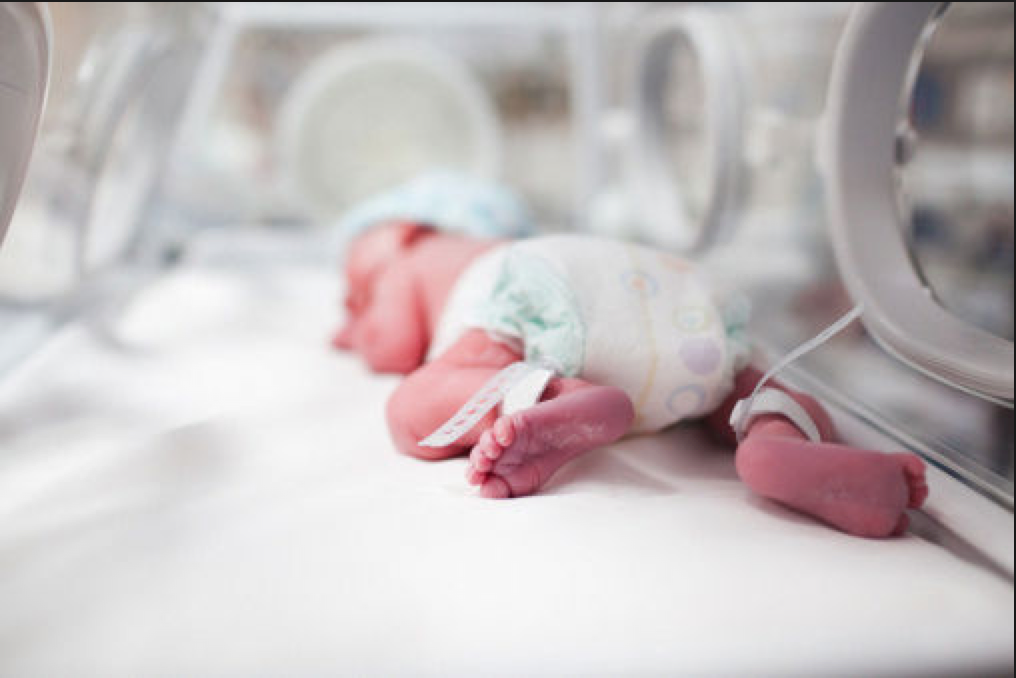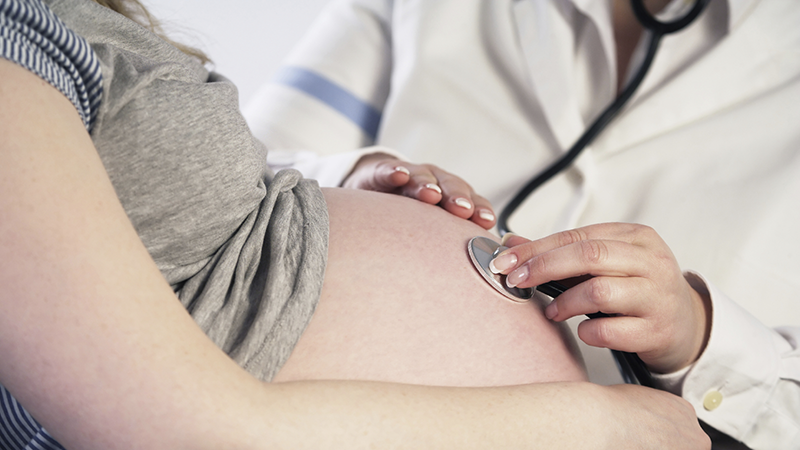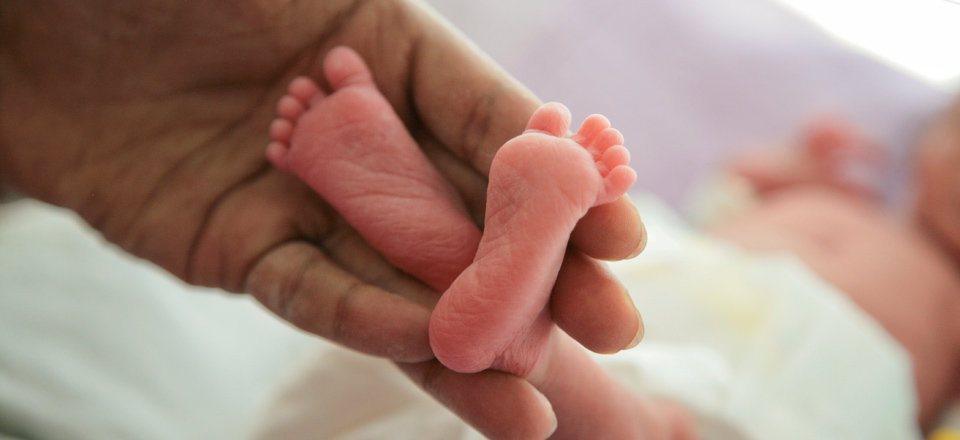Delivery of your premature infant
Posted By : Berry

Premature birth is described as a birth that takes place at least three weeks before the said due date. Birth is considered premature, or preterm, when it occurs before the 37th week of pregnancy. A normal pregnancy lasts about 40 weeks. Those final weeks in the womb are crucial for healthy weight gain and the full development of various vital organs, including the brain and lungs. Premature birth gives the baby very less time to develop in the womb. Premature babies, especially those born earliest, often have complicated medical problems and may require a longer hospital stay. They may also have long-term health issues, such as learning disabilities or physical disabilities.
Depending on how early a baby is born, he or she may fall under one of these categories:
- Late preterm where the baby is born between 34 and 36 weeks of pregnancy
- Moderately preterm where the baby is born between 32 and 34 weeks of pregnancy
- Very preterm where the baby is born at less than 32 weeks of pregnancy
- Extremely preterm where the baby is born at or before 25 weeks of pregnancy
Mostly premature births occur during the late preterm stage.
Causes of premature birth

The cause of a premature birth often can’t be identified. However, certain factors are known to increase a woman’s risk of going into labour early. A pregnant woman with any of the following conditions is more likely to have a premature birth:
- diabetes
- heart disease
- kidney disease
- high blood pressure
Other factors include
- If you have had a previous delivery with premature birth
- If you are pregnant with two or more babies
- An interval of fewer than six months between pregnancies
- Conceiving through in vitro fertilisation
- Problems with the uterus, cervix or placenta
- Smoking cigarettes, using illegal drugs or drinking too much alcohol during pregnancy
- Poor nutrition
- If you do not gain proper weight during pregnancy
- Some infections, particularly of the amniotic fluid and lower genital tract
- Some chronic conditions, such as high blood pressure and diabetes
- Being underweight or overweight before pregnancy
- Stressful life events, such as the death of a loved one or domestic violence
- Multiple miscarriages or abortions
- Physical injury or trauma
Pregnant women who are younger than 17 or older than 35 also have an increased chance of delivering early.
Things to do before premature birth

You’ll be busy with your new baby after the birth. And if your baby is in the neonatal intensive care unit (NICU) where many premature babies are first cared for, you’ll want to be there as much as possible.
- You will have to adjust the birth plan and your birthing choices during this birth.
- Be sure to ask as many questions as you can think of about your medical care. The more you understand about your doctor’s decisions, the less anxious you will feel.
- Stock your freezer and cupboards with essentials well in advance. Frozen home-cooked meals are a good idea.
- Organise care for other children
- Organise help at home
Tests for determining preterm labour

There are two screening tests available for women who have symptoms of preterm labour or are otherwise at high risk for it.
- Measuring the length of your cervix with ultrasound
- Foetal fibronectin screening
What will happen during preterm labour?
- You go to the hospital and get admitted.
- You will be checked regularly for changes in body temperature, heart rate and uterine contractions.
- It is important to monitor the baby’s heart rate. You will also be examined to see whether your membranes have ruptured. Your urine will be checked for signs of infection, and cervical and vaginal cultures may be taken as well. You may also be given a foetal fibronectin test.
- An abdominal ultrasound will often be done. This is to check the amount of amniotic fluid present and to check the baby’s growth.
- Some doctors will do a vaginal ultrasound to check the length of your cervix and look for signs of effacement.
- If you’re at 34 weeks or more, and your water had broken, you may be induced or delivered by caesarian section.
- It is usually recommended to wait to deliver when you’re less than 34 weeks pregnant unless there’s a clear reason to do otherwise. Of course, if you develop symptoms of an infection or there are other signs that your baby is not thriving, you’ll be induced or delivered by C-section.
After preterm delivery

Once the umbilical cord is cut, the neonatal staff will take over and stabilise your infant. If your infant is less than 36 weeks’ gestation at birth, they may move him or her to the neonatal intensive care unit (NICU) for observation and specialised care. During the initial few days and weeks of the premature baby’s life, hospital care focuses on supporting vital organ development. The new-born may be kept in a temperature-controlled incubator. Monitoring equipment tracks the baby’s heart rate, breathing, and blood oxygen levels. It may be weeks or months before the baby can live without medical support.
A premature infant can be released from the hospital once they can:
- Breast-feed or bottle-feed
- Breathe without support
- Maintain body temperature and body weight




